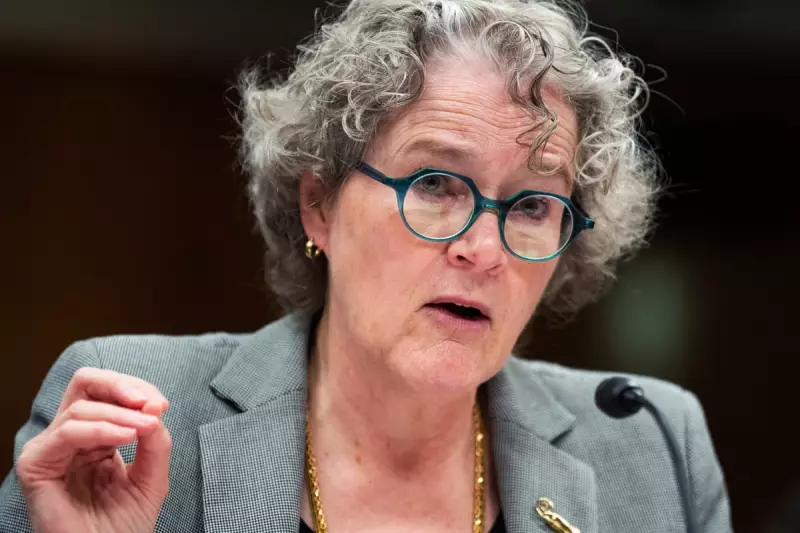
In a dramatic escalation of his long-running campaign against established medical science, Robert F Kennedy Jr has publicly demanded the immediate termination of a senior National Institutes of Health official.
The Target: Dr Jeanne Marrazzo
The controversial presidential candidate singled out Dr Jeanne Marrazzo, director of the National Institute of Allergy and Infectious Diseases (NIAID), during a fiery campaign speech. Kennedy accused Marrazzo of what he termed "egregious misconduct" and alleged she had "violated the public trust."
This direct attack marks a significant intensification of Kennedy's broader assault on federal health agencies, which has become a cornerstone of his political platform.
A Pattern of Confrontation
Kennedy's latest salvo isn't an isolated incident but part of a calculated strategy:
- Historical precedent: He previously led calls for the removal of Dr Anthony Fauci
- Expanding targets: His criticism now encompasses the entire NIH leadership structure
- Campaign centrepiece: Anti-establishment health rhetoric forms a key part of his appeal to voters
The Response and Ramifications
While the NIH has maintained its traditional stance of not commenting on political statements, the public nature of Kennedy's demand creates fresh challenges for the agency. The incident raises serious questions about:
- The increasing politicisation of public health institutions
- Growing pressure on career scientists and administrators
- The potential impact on future public health initiatives
This confrontation emerges against a backdrop of deepening public scepticism toward health authorities, a sentiment Kennedy has repeatedly tapped into throughout his campaign.
Broader Implications
Political analysts suggest this move represents more than just another criticism—it signals Kennedy's intention to maintain his anti-establishment positioning while testing the boundaries of political influence over scientific institutions.
The outcome of this very public challenge could have lasting consequences for how future administrations interact with and influence the nation's premier health research organizations.





